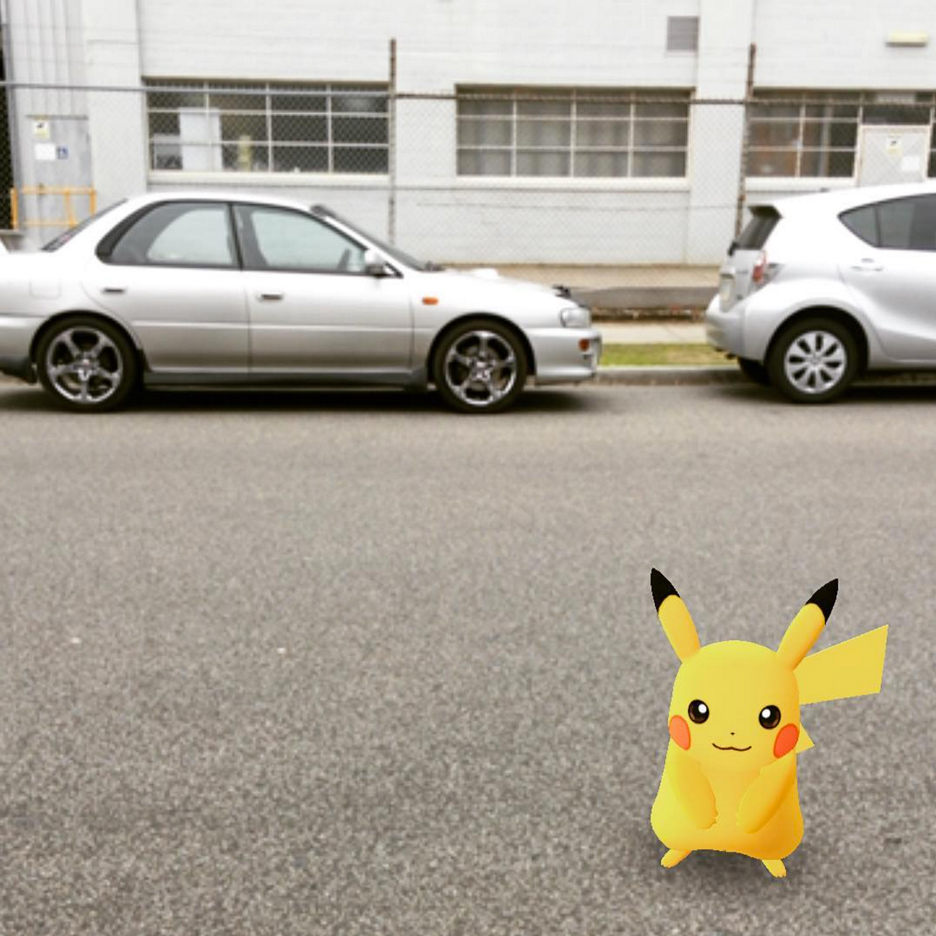This week on Dezeen: the launch of the Pokémon GO augmented reality video game changed the way players interacted with cities and buildings, and brands began releasing products to help players "catch 'em all".
Pokémon GO – which involves capturing cartoon creatures overlaid onto the players' surroundings via their smartphone – is leading to "strange, wonderful and disturbing" interactions and experiences with the environment, said Alex Wilshire in an Opinion column for Dezeen.
The game's release prompted tech brand TRNDlabs to customise its miniature drone so players can access Pokémon in difficult places and avoid walking into hazards.
In other news, the RIBA published the shortlist for this year's Stirling Prize, which includes Damien Hirst's London gallery and an Oxford university building by Herzog & de Meuron.
We reported on NASA's plans to test an experimental electric aeroplane, and transportation designer Paul Priestman spoke to Dezeen about the potential of personalised electric flying machines.
Shigeru Ban teased an image of a hybrid timber tower for Vancouver and Zaha Hadid Architects announced plans to build a 38-storey hotel in Qatar.
ZHA director Patrik Schumacher said the UK's departure from the European Union offers "the chance to evolve a more open, immigration-friendly society and economy", while Sadie Morgan called on the British government to stick to its infrastructure investment plans as it prepares to leave the EU.
In New York, Deborah Burke won a competition to transform a prison into a women's rights centre and the Lowline underground park was given the go-ahead.
In London, Thomas Heatherwick was appointed to design new stand for Fulham Football Club but the city's mayor suspended construction of the designer's Garden Bridge over funding concerns.
A lawsuit was filed against Architecture for Humanity's founders and board members for allegedly misusing funds, and Design Academy Eindhoven creative director Thomas Widdershoven resigned.
Popular projects on Dezeen this week included a group of micro holiday homes for stressed-out city dwellers, a Miami house fronted with wooden shutters and a conceptual home designed to split into two halves after divorce.
More architecture | More interiors | More design | More news
Main image is by Instagram user fknakuma.

